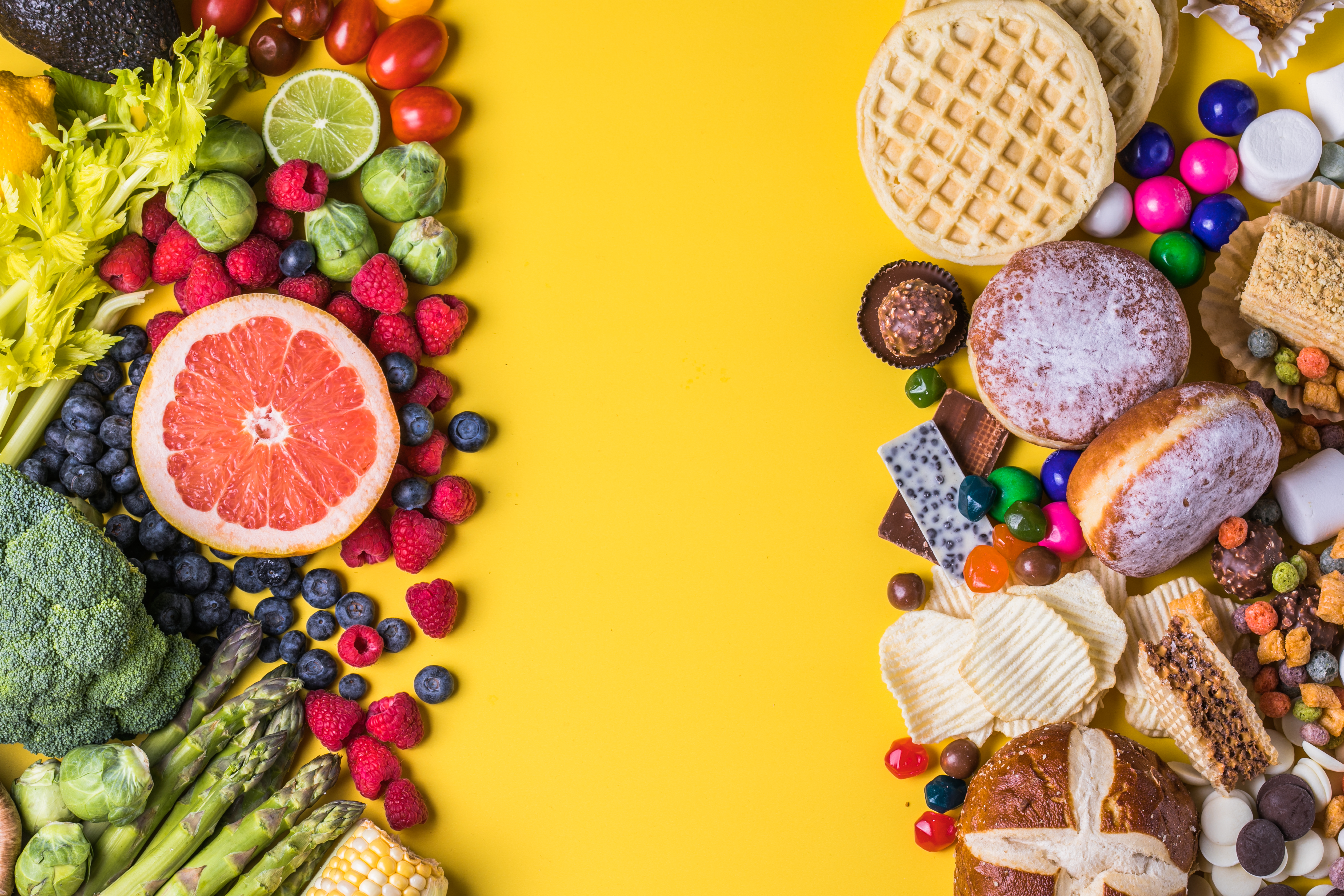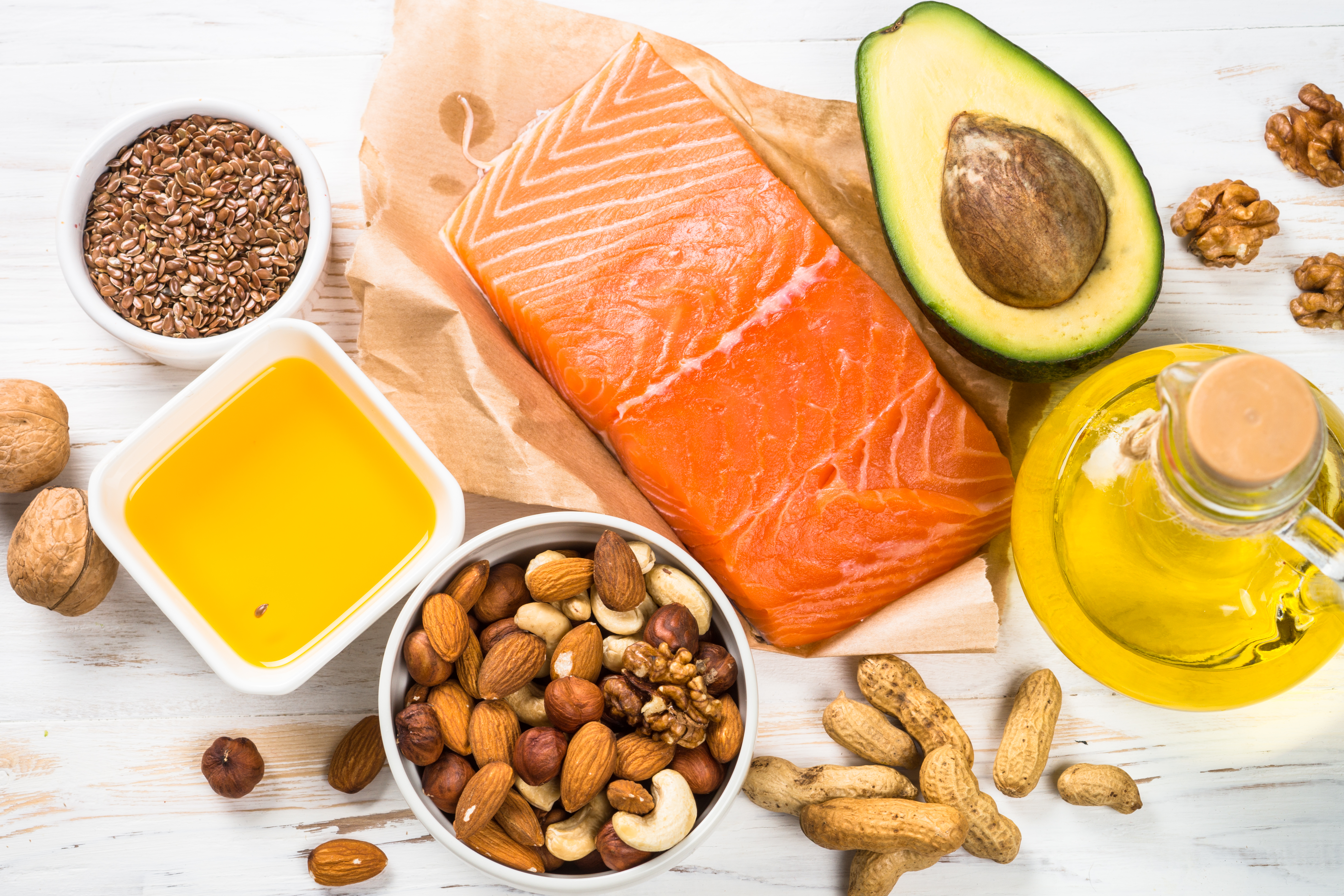10 Natural Ways to Effortlessly Lower Your Bad Cholesterol
Cholesterol, a waxy substance found in your blood, plays a vital role in building healthy cells. However, high levels of cholesterol can increase your risk of heart disease. The modern lifestyle, characterized by unhealthy eating habits and a lack of physical activity, has contributed to a rise in cholesterol-related health issues. This article aims to explore natural methods to manage cholesterol levels and enhance heart health. By understanding and implementing these strategies, you can take proactive steps towards a healthier life. The journey to heart health doesn’t necessarily require drastic measures. Often, small, consistent changes can lead to significant improvements. This guide will delve into various natural approaches, from dietary adjustments to lifestyle changes, all backed by scientific research. As we explore each section, you’ll discover practical ways to incorporate these strategies into your daily routine, ultimately leading to a healthier heart and a better quality of life.
1. Understanding Cholesterol: The Good, the Bad, and the Essential

Cholesterol is often misunderstood, leading to misconceptions about its role in the body. It's crucial to differentiate between low-density lipoprotein (LDL), often referred to as 'bad' cholesterol, and high-density lipoprotein (HDL), known as 'good' cholesterol. LDL can lead to the buildup of plaques in your arteries, increasing the risk of cardiovascular diseases. Conversely, HDL helps remove cholesterol from your bloodstream, transporting it to the liver for excretion. Thus, maintaining a balance between these two types is essential for heart health. Cholesterol is not inherently harmful; it's a necessary component of cell membranes and a precursor for the synthesis of essential hormones and vitamins. Understanding its function helps in making informed decisions about managing its levels. Recognizing the factors that influence cholesterol, such as genetics, diet, and lifestyle, is the first step towards effective management. By focusing on natural ways to boost HDL and lower LDL, you can significantly reduce your risk of heart disease.
2. The Power of a Heart-Healthy Diet

Diet plays a pivotal role in managing cholesterol levels and promoting heart health. Incorporating foods rich in soluble fiber, such as oats, beans, lentils, and fruits, can help reduce the absorption of cholesterol into your bloodstream. Soluble fiber binds with cholesterol particles and removes them from the body, effectively lowering LDL levels. Additionally, consuming healthy fats, particularly monounsaturated and polyunsaturated fats found in olive oil, avocados, and nuts, can improve heart health by reducing LDL cholesterol and increasing HDL cholesterol. Omega-3 fatty acids, abundant in fatty fish like salmon and mackerel, are known for their heart-protective properties. They help lower triglycerides, reduce blood pressure, and prevent the development of heart disease. Incorporating a variety of these heart-healthy foods into your diet can create a balanced nutritional plan that supports overall cardiovascular wellness. By making mindful dietary choices, you can naturally control cholesterol levels and enhance your heart health.
